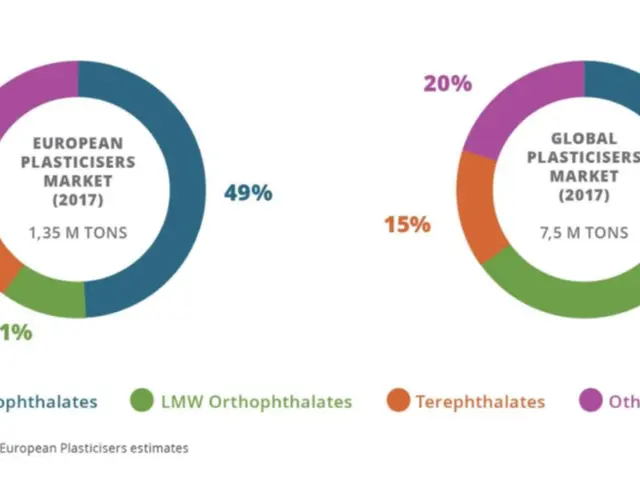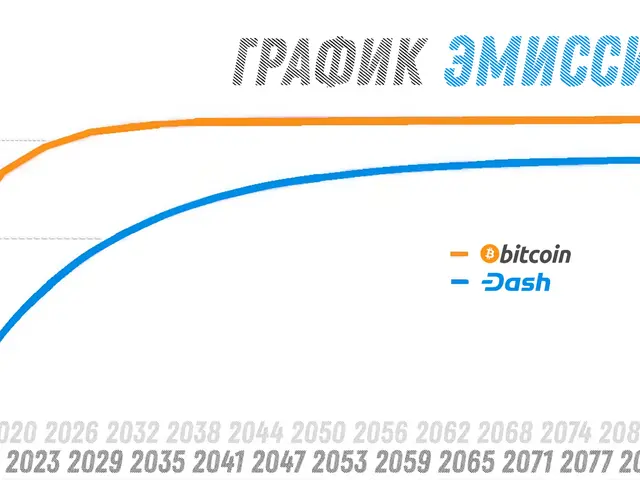AI and Mass Lawsuits: Frankfurt Regional Court's Alarm Bell
In an unexpected development, the Regional Court of Frankfurt has raised the red flag, suspecting law firms of using artificial intelligence (AI) to stir up large-scale lawsuits for small claims proceedings. District Court President Wilhelm Wolf shared his concerns, noting an increase in "mass proceedings." These cases are increasingly becoming standardized, affecting numerous consumers, ranging from flight delays, gambling winnings, to bank charges.
"There's a strong suspicion that deliberate efforts are being made to generate substantial income with minimal effort," said Wolf, alluding to the potential of these AI-assisted legal ventures. Law firms reportedly employ technological procedures to sift through similar cases and offer representation to affected individuals. Although individual payments may not be substantial, the scale of the collective payoff makes it worthwhile for the law firms. "We believe this is a business model," added Wolf.
A majority of these legal battles are handled by district courts. However, Wolf noticed a rising trend of such "legal tech proceedings" at the regional court, hinting at the need for more stringent filtering and joint processing methods in the future. Digital file management, as a starting point, appears to be a viable solution, laying the groundwork for more advanced IT integration.
Interested in More Insights About Law and AI? Check Out:
The Frankfurt Regional Court investigation, spearheaded by District Court President Wolf, focuses on AI's role in the orchestration of mass lawsuits for lucrative purposes. This development warrants Hesse, the German state where Frankfurt is located, to reconsider and adapt its existing legal framework to accommodate emerging AI-related challenges in the legal sphere. As Frankfurt, being a prominent city within Germany's legal system, is the epicenter of this issue, public and professional attention is bound to mount.
Source:
Addressing AI Use in Mass Lawsuits: A Detailed Perspective
In response to these concerns, Germany has taken several steps to ensure adequate regulation and address the use of AI in mass lawsuits.
- AI Pilot Projects: Stuttgart's Higher Regional Court has pioneered the use of AI, named "OLGA" (Oberlandesgerichtsassistent), which aids judges in preliminary assessments by categorizing cases based on past decisions.
- Efficiency Gains: Legal Tech tools, including AI, streamline tasks like document review and information extraction, saving time and resources. These tools automate tasks such as assigning information to relevant proceedings and cross-referencing factual data.
- Regulatory Framework: The European Union's Artificial Intelligence Act (AI Act), set to go into effect on August 1, 2024, introduces minimum EU-wide requirements for AI systems. AI systems used to help judicial authorities in researching and interpreting facts and the law are classified as "high-risk," necessitating risk management systems to address potential biases, errors, and opacity.
- Judicial Openness: While the German judiciary is generally favorable towards the use of AI, widespread or standardized AI application is not anticipated soon.
- Ethical Considerations: The use of AI must adhere to ethical standards, ensuring explainability in categorizing, summarizing, and comparing documents.
In conclusion, Germany is proactively addressing the AI-driven mass lawsuits challenge, promoting transparency, trustworthiness, and compliance with regulatory requirements to harness AI's benefits while preserving legal integrity.








